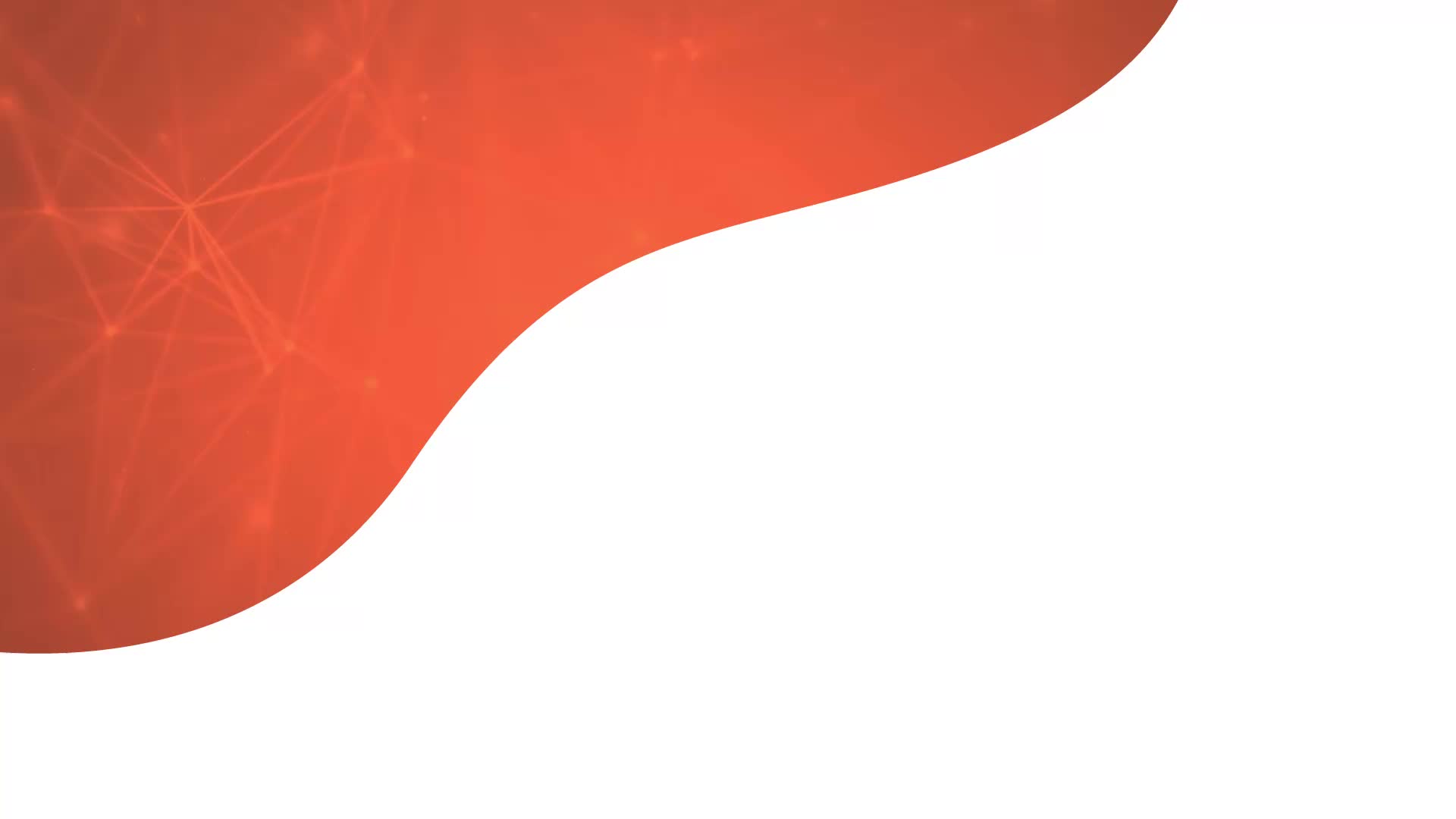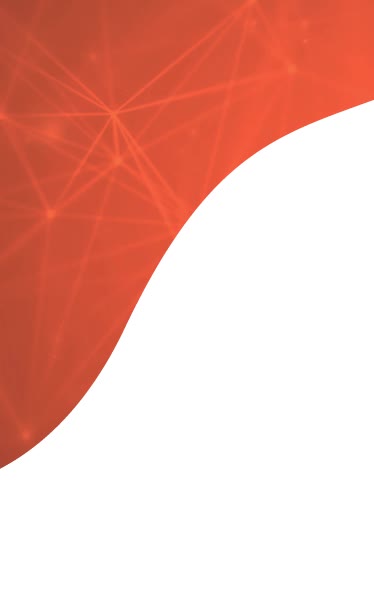R&D Engineer Interview Questions and Answers
What you Need to Know


What you Need to Know
Research and development, or R&D jobs, exist in a lot of different industries, including engineering. It’s a role that can involve theoretical and practical work, as well as exciting opportunities for collaboration and leadership, which makes it quite popular amongst candidates who want the opportunity to work on a range of new products and projects.
An essential part of succeeding in your career as an R&D engineer is performing well in job interviews, and a key component of this is being prepared for the kinds of questions you might be asked. In this article, we explain what is required of an R&D engineering role and then go through common R&D questions and answers that you might face in an interview.
A research and development engineer is responsible for performing tests and conducting research related to new projects, ideas and offerings for a company to help with the development process.
R&D engineer roles are usually quite practical in a lot of sectors, especially if you’re a mechanical or electronic R&D engineer. In positions like R&D embedded software engineer, you’ll spend more time researching and making amendments to code and programs.
Companies in the engineering industry need R&D engineers to help with projects, particularly in the early stages when ideas are being evaluated and options are being compared. R&D work is a great way of assessing risk and effectively managing a budget, as it can help get a good idea of successes or failures before a project properly launches.
Engineers in research and development roles often specialise in a particular area of expertise, even if they have the job title ‘R&D Engineer’. Not only will you need a good understanding of relevant engineering concepts and the practical experience of using them, but you also require effective research skills and the ability to concisely report and present information.

R&D engineer roles and responsibilities can vary between companies, especially if you’re working in a specific centre where your work revolves around a certain type of product or system. However, there are some tasks and responsibilities that are typical of the role no matter where you work, which are listed below.
Some R&D engineers work as part of a team of researchers that help to get projects started or support their development until a final product is delivered. Others, usually more senior R&D engineers, might work alongside or in place of a project manager to get a project over the line and take charge of its development and refinement.

Being prepared for an R&D engineer interview means getting an idea of the kinds of questions you might be asked and the topics that you may be required to talk about. Here are some of the most common research and development interview questions that you might be asked when applying for a role.
This question is quite common if you’re applying for a more general R&D role as it gives the interviewer an opportunity to understand where your skills and experience are and the kinds of projects you’ll be most comfortable working on. You should be able to talk about several areas of engineering where you have R&D experience and discuss some of the tasks you’ve completed within these roles or projects.
This R&D engineer interview question helps to give the interviewer a better idea of who you are as a candidate and how you handle tasks in a research and development position. It’s a good idea to describe both your general approach to problem-solving and give examples of the ways you have applied this in previous roles, as this outlines your mindset and process and then uses an anecdote to explain how this works.
This question examines your approach to a process that you’ll have to follow fairly regularly in research and development. You should talk through how you would assess a project that is being developed and the signs or results you would look out for that would signify that a redesign is needed. If you can illustrate this decision-making process with an example, real or hypothetical, that can help to improve your answer.

Troubleshooting is a massive part of an R&D engineer’s role, so an interview will likely want to ask you about the techniques you use when troubleshooting any issues in designs. The kind of role you’re applying for may mean your answer has to be specific to a certain kind of product or software design, but in your answer you should try to give examples of where and how you have used these techniques in the past.
This is a classic engineering R&D interview question where you’ll be asked to talk about your most successful project from your career so far. It’s a great opportunity to talk about work that you’re really proud of and passionate about and to highlight how you contributed to the success of the overall project.
Structure your answer by first giving background to the project, then describing why it was successful and how this success was measured. Then talk about how you specifically helped to ensure this success, outlining your roles and responsibilities and any particular decisions you helped make.
This is another interview question that asks you to talk about previous work experience to get a better idea of what you’re like as an employee. For this question, if you have an example you should focus on explaining how you approached the situation and resolved the conflict. It’s also a good idea to explain why you were facing pushback against your ideas and demonstrate that you made sure to understand their point of view and address any concerns.
Interview questions that place you in hypothetical scenarios are common when applying for all kinds of roles, as they help the interviewer gauge what you’d be like as an employee. In this question, you’re being asked how you would handle an unfamiliar project, and should focus on outlining the process you’d follow to get to grips with the topic or subject and how you’d ensure you had all the information you need.
This question also examines whether you’re someone who will admit when they need help or more time and gauges whether you’d be honest if you felt out of your depth, so it’s important to make it clear that you wouldn’t try to bluff your way through the situation.

This is another scenario-based R&D interview question about how you would handle noticing an issue when you were running tests on a product. You should talk through your process of assessing and responding to issues and highlight what you would do to alert others of this problem as well. This is another example where it can be useful to use an example to illustrate your point.
The majority of R&D engineers work as part of a team on a project and some candidates in the role may be responsible for leading a team as well. This question looks at your communication and interpersonal skills and wants you to explain how you approach getting a team aligned and also how you would continue to check that everyone was on the same page in terms of progress and vision. Even if you don’t have any relevant leadership experience, you can illustrate your point by explaining how you would get your colleagues aligned on a hypothetical project.
This is another teamwork-based research and development question that helps the interviewer get a better idea of how you operate within a team and what you prioritise when you’re collaborating at work. You should explain your answer by highlighting how this aspect contributes to a functional team and also explain what you do to ensure that this aspect is present during teamwork.

Towards the end of the interview questions for research positions, you may be asked to demonstrate your knowledge of the R&D industry and how your role contributes to the sectors that you work in. This question relies on you being up-to-date on the kinds of challenges that professionals like you face, which you may be able to provide anecdotal evidence of. However, even if you don’t have an example on hand, it’s important to demonstrate that you are aware of current industry challenges, and potentially have ideas about how these challenges will be overcome.
This question asks you to explain how you think your role might change in the future, which is linked to the last question which talks about the current challenges faced in the industry today. Whatever your stance is on this question, it’s a good idea to talk about any trends or ideas from industry leaders that have informed your answer and explain how you personally plan to navigate the potential change.
Research and development engineering jobs are common in the electronics embedded systems industry, whether you’re designing and testing new software or building the devices that will be part of an embedded systems network. If you want to be successful when applying for R&D engineer jobs then one of the best things to do is prepare for your interview by reading potential questions and preparing a couple of answers and examples that will work in different scenarios.
If you’re looking for and applying for roles as an R&D engineer, KO2 is a specialist recruitment agency in the electronics and embedded systems sector that can help you find your next opportunity. Take a look at our current available positions or get in touch to speak to our team about how we can help.

 Firmware Engineer Interview Questions and Answers
Firmware Engineer Interview Questions and Answers